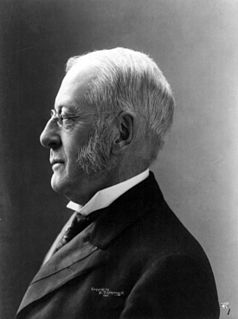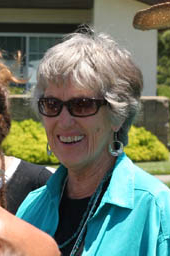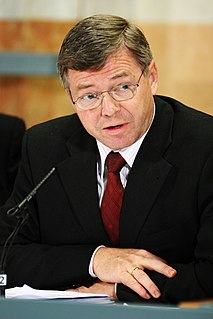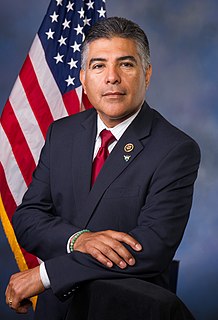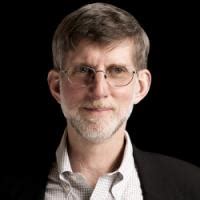A Quote by Azim Premji
The test of our social commitment and humanity is how we treat the most powerless of our fellow citizens, the respect we accord to our fellow human beings. That is what reveals our true culture.
Related Quotes
The human heart is the first home of democracy. It is where we embrace our questions: Can we be equitable? Can we be generous? Can we listen with our whole beings, not just our minds, and offer our attention rather than our opinion? And do we have enough resolve in our hearts to act courageously, relentlessly, without giving up, trusting our fellow citizens to join us in our determined pursuit-a living democracy?
When you look at what is happening to our world-and it is hard to look at what's happening to our water, our air, our trees, our fellow species-it becomes clear that unless you have some roots in a spiritual practice that holds life sacred and encourages joyful communion with all your fellow beings, facing the enormous challenges ahead becomes nearly impossible.
Social media puts us inside our phones and our computers and our headphones, and we're not connecting so much with our outside environment. Even when people go to the Grand Canyon they're more concerned about the selfies than actually looking at the canyon. I see it with my own kids - the addiction to needing things fast, never pausing to just see what's around us and connect with our fellow human beings in real time.






